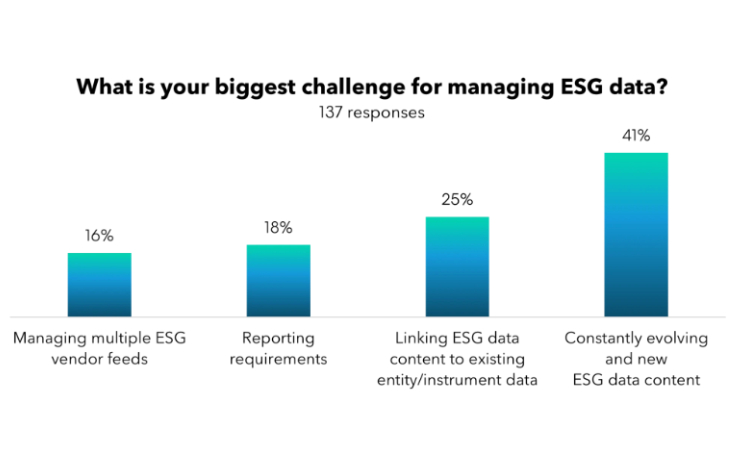Environmental sustainability is a concept that has gained significant attention in recently as the world grapples with the challenges of climate change, resource depletion, and pollution. For corporations, environmental sustainability refers to the ability to meet the needs of the present without compromising the ability of future generations to meet their own needs. In other words, it involves balancing economic, environmental, and social considerations to create long-term value for stakeholders. Environmental science is a critical tool for corporations seeking to achieve environmental sustainability. Environmental science is a multidisciplinary field that draws on principles from biology, chemistry, physics, and other sciences to understand the natural environment and the impacts of human activity. By applying the insights and tools of environmental science, corporations can better understand their environmental impacts and develop strategies to reduce their negative effects.
Resource management is a key area where environmental science can assist corporations in
achieving environmental sustainability. Many corporations rely on natural resources such as water, minerals, and fossil fuels to produce their goods and services. However, the extraction and use of these resources can have a significant impact on the environment. To reduce their resource consumption and increase efficiency, corporations can employ environmental science principles to transition to renewable resources. For example, in the US, General Motors has set a target of sourcing 100% of its electricity from renewable sources by 2040. They are working towards this goal by investing into electrification of its vehicle fleet as well as wind and solar projects, including the purchasing of renewable energy credits.
Another area where environmental science can help corporations achieve environmental sustainability is through pollution prevention and control. Many corporations generate waste products and pollutants as part of their core operations, which can have significant impacts on the environment and human health. To minimize their pollution generation and reduce the toxicity of their waste streams, corporations can employ environmental science principles. For example, in Australia, Coca-Cola Amatil is using renewable energy to power its bottling plant, reducing its reliance on fossil fuels and lowering its carbon footprint. The company is also focusing on waste reduction, water conservation, and energy efficiency to minimize its environmental impact. They have developed KPI’s to continually measure their continual success in reducing their footprint.
In addition to resource management and pollution prevention, environmental science can help corporations achieve environmental sustainability by fostering innovation and collaboration. Many of the environmental challenges facing the world today are complex and interconnected, requiring interdisciplinary and collaborative approaches to solve. By engaging with environmental scientists, policymakers, and other stakeholders, corporations can develop innovative solutions to environmental challenges and work collaboratively to create a more sustainable future. For example, in the UK, Unilever has set a target of achieving net-zero emissions across its entire value chain by 2039. To achieve this, the company is investing in sustainable agriculture practices, transitioning to renewable energy sources, and collaborating with suppliers to reduce their environmental impact.
One example of how environmental science has helped corporations achieve environmental sustainability is through the development of sustainable agriculture practices. Agriculture is a significant driver of deforestation and habitat loss, and it is also a major source of greenhouse gas emissions. By applying principles of environmental science, corporations can reduce their environmental impacts, increase yields, and improve the resilience of their agricultural systems. For example, in Brazil, Natura &Co, a cosmetics company, has developed a sustainable supply chain for the Amazonian ingredients it uses in its products. The company has implemented a range of practices, including agroforestry, organic farming, and conservation programs, to reduce deforestation, support local communities, and promote biodiversity.
In conclusion, environmental sustainability is a critical concept for corporations seeking to create long-term value for stakeholders. Environmental science is a powerful tool that can help corporations achieve environmental sustainability by reducing resource consumption, minimizing pollution, fostering innovation and collaboration, and developing sustainable agriculture and energy practices. By engaging with environmental scientists, policymakers, and other stakeholders, corporations can work collaboratively towards making business operations friendly for our planet.
ESG Impact helps organisations:
Improve Environmental Sustainability
Improve ESG Sustainability
ESG Reporting
ESG Strategy
CSR Reporting










